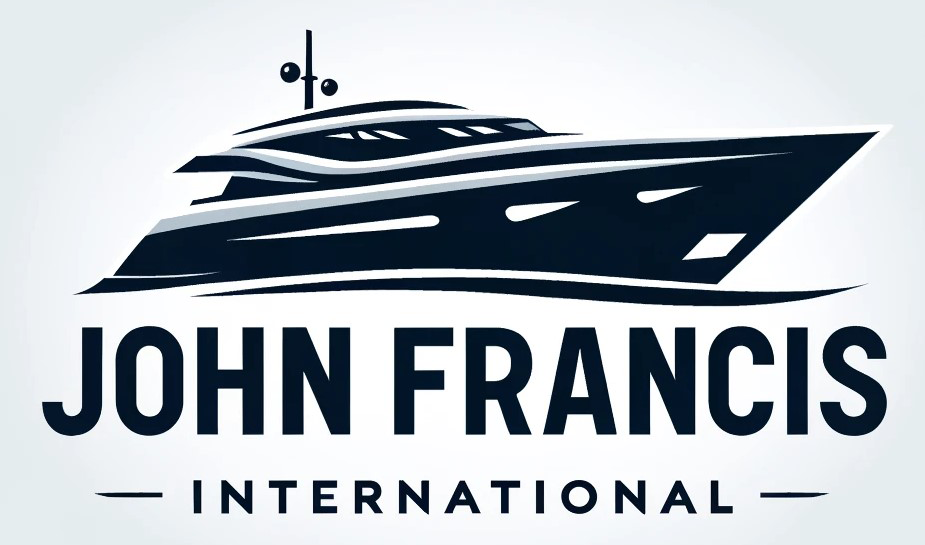Having trust is more than an intention. It’s even more than acting in integrity. In intellectual terms, it may be stated as living a life of being trustworthy. In relational terms, it is acting in a manner that creates in the other person – the person you want to trust you – the authentic feeling that they will be consistently respected and heard.
The Chicago Trustee Collaboratory recently addressed this topic of building trust. The embedded experts were our own Harold Rice-Erso and also Gary Shunk. Rice-Erso
provided substantive advice while Shunk added facilitation in part to demonstrate the usefulness of the “U” process in this work.
Based on Rice-Erso’s work with change-agent family members, the discussion covered the topic in general as well as specifics. He had worked with an executive who felt frustrated on the job because of lack of trust and respect, until he brought these processes to bear with his superior and with others in the office.
Rice-Erso contended that trust is like happiness in that it is accessed by other practices. For happiness, the practices of gratitude and generosity are key. For trust, he asserts, one should engage in the practices of respect, compassion, boundary creation, and acceptance. He also suggested that these can and should be adopted as a behavior, even where the person may not yet fully own the ideals behind them. Based on his experience, full acceptance can happen from systematic practice of the behavior.
We can have trust in a certain level of technical competence, which is different than the deeper trust in that person.
One of the surprises was the benefit of the professional advisor to be clear on his own internal work. Rice-Erso emphasized the value of internal work through the story that the noted successful Chicago restaurateur Rich Melman was asked as to why he bothers with continued counseling given his success. Melman reportedly countered that it was precisely because of his receiving counseling that he became and remains successful!
The advice to the advisor included:
- Consider what are the judgmental, cynical or fearful feelings that can arise –and then get in the way of truly setting exemplary behavior for the family.
- Do not rely totally on intellectual wisdom.
The Collaboratory brain-stormed best-practices for trustees and allied professional advisors to include the following list. These are available for family members as well as others who are interested in developing trust.
- Deepening awareness of knowing himself and the family, and helping the family to deepen the awareness of itself, as individuals as well as a collective whole.
- Bringing a better self to the table and inviting others to do the same.
- Using the qualities of empathy, validation, and active listening, and inviting others to do the same.
- Being clear on the appropriate footprint, from working totally behind the scenes to being a front-line participant.
- Understanding the value of this approach for sustainable practices. It’s a core process for the Chicago Trustee Collaboratory!
- Suspending or otherwise mitigating our own judgment, cynicism and fear, and helping other members to do so.
- Standing in the truth that we are both stakeholders and change agents for what’s important, and paradoxically, creating certainty.
- Being the change: we can lead best by being who we want to be, and who we want the family to become.
- Being the shoulder for them to cry on.
- Acting in a manner showing that we trust and respect ourselves.
By Daniel P. Felix







